Rebels and Damascus residents poured into the central Ummayad Square after news of the transfer of power. (Source: AJ Arabic)
Hayat Tahrir al-Sham (HTS) announced on December 8 that the alliance of anti-government forces had captured Damascus and that President Bashar al-Assad had left the capital.
Syrian Prime Minister Mohammed al-Jalali announced that the government is ready for a transition of power and that he will cooperate with the next Syrian leader chosen by the people.
Commenting on the rapid developments of the war in Syria, Ambassador Nguyen Quang Khai, former Vietnamese Ambassador to the Middle East, shared that the main reason for the rapid defeat of the Syrian President Bashar al-Assad regime came from the lightning attacks of rebel forces, as well as the opposition in Syria.
Mr. Nguyen Quang Khai analyzed that the Syrian army was surprised and unprepared to deal with a simultaneous attack that took place throughout Aleppo province at the end of November. Therefore, the forces of the al-Assad government were unable to react in time.
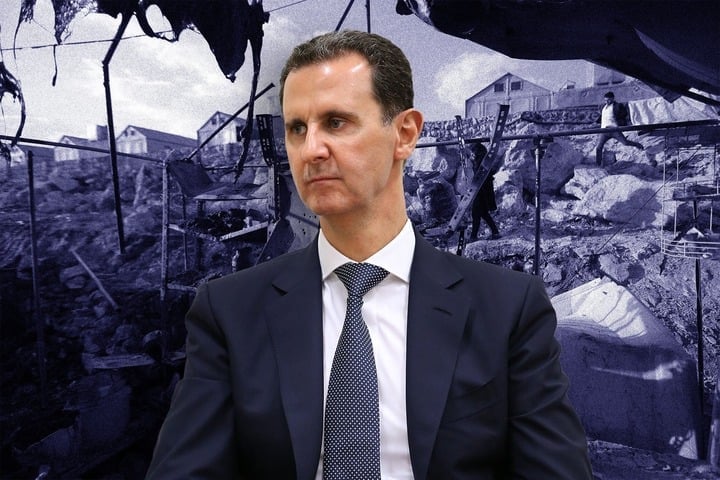
Syrian President Bashar al-Assad's regime was shaken and collapsed in just 10 short days. (Photo: Independent)
Syrian army stands alone against rebels
However, the element of surprise was only the motivating factor. In fact, after more than 13 years of conflict, the Syrian army has almost exhausted its resources and manpower. The economic blockade and lack of finance have seriously weakened the Syrian armed forces.
Lack of new weapons, lack of resources and having to fight for a long time have caused the Syrian army to lose its fighting spirit. This is the important condition for the opposition and Syrian rebels to achieve important victories in just the past 10 days.
Ambassador Nguyen Quang Khai also cited the fact that when the rebels entered major cities such as Aleppo, Homs, Hama and even the capital Damascus, they encountered almost no resistance from the Syrian army.
In addition to the internal causes of the Syrian army, another reason for the rapid collapse of Damascus' forces is the loss of support from allies such as Russia, Iran and Hezbollah.
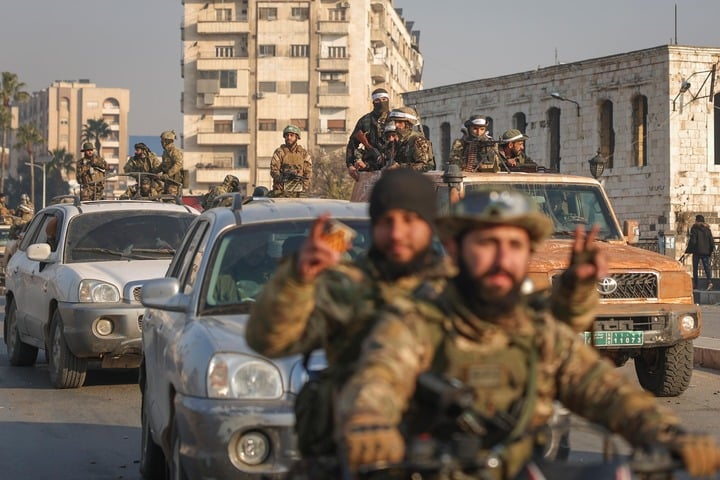
Syrian rebels enter cities without encountering any resistance from government troops. (Photo: CNN)
Moscow is now focusing its resources on the conflict in Ukraine, with most of its forces in military bases in the Syrian coastal region having been withdrawn. This move is partly due to the fact that the situation in Syria has stabilized since the end of 2019, so focusing resources on Syria while the war in Ukraine is tense is unnecessary.
“Russia and its allies have not taken precautions against the possibility of Syrian rebel forces launching a major attack right now, which puts both Moscow and Damascus in a passive position,” Ambassador Nguyen Quang Khai analyzed.
The Russian military currently maintains only 5,000 to 6,000 troops at the two Tartus naval bases and the Khmeimim air base. The force is only enough for Moscow to maintain security in the above area.
Another Syrian ally, Iran, cannot save the al-Assad regime at this time, and Hezbollah is also weakened after more than a year of conflict with Israel.
Israel's repeated use of air power to attack Iranian weapons depots in Syria as well as Hezbollah's has severely weakened the latter in recent years. Even Hezbollah's manpower had been reduced by more than 60% before the war with Tel Aviv.
The above reasons have led to the Syrian army losing all fighting power despite controlling two-thirds of the territory and resources. However, even the support of its allies is not enough for President Bashar al-Assad's government to continue to hold power when it has lost the trust of the people of this country.
Syrian people turn their backs on the president
The majority of Syrians no longer support the government of President Bashar al-Assad, this is the biggest reason. Because Mr. Bashar al-Assad's family, before that his father - former President Hafez al-Assad has been in power in Damascus for more than 60 years.
Meanwhile, the lives of Syrian people are currently extremely difficult due to economic sanctions from the West and isolation from Arab countries. Above all, the current government has almost no significant reforms to help improve people's lives in the face of current difficulties.
And the prospect of change from the opposition taking power has been welcomed by most Syrians, as seen by the people of Aleppo, Homs, Hama and even Damascus taking to the streets to celebrate as the rebels advanced.
On the Syrian army side, instead of continuing to shed blood senselessly, the General Command of the Syrian Armed Forces ordered the soldiers to lay down and disperse.
Ambassador Nguyen Quang Khai said that all of the above reasons led to the rapid and irreversible failure of President Bashar al-Assad's regime.
That is why, at noon on December 8 (local time), Syrian Prime Minister Mohammed al-Jalali announced that he was ready for the power transfer process and would cooperate with any leader the people choose.
Along with the Syrian government's announcement, the leader of the Hayat Tahrir Al-Sham (HTS) rebels - the main opposition force in Syria, issued a statement calling on the rebels not to damage government headquarters and public works to facilitate the transfer of power.
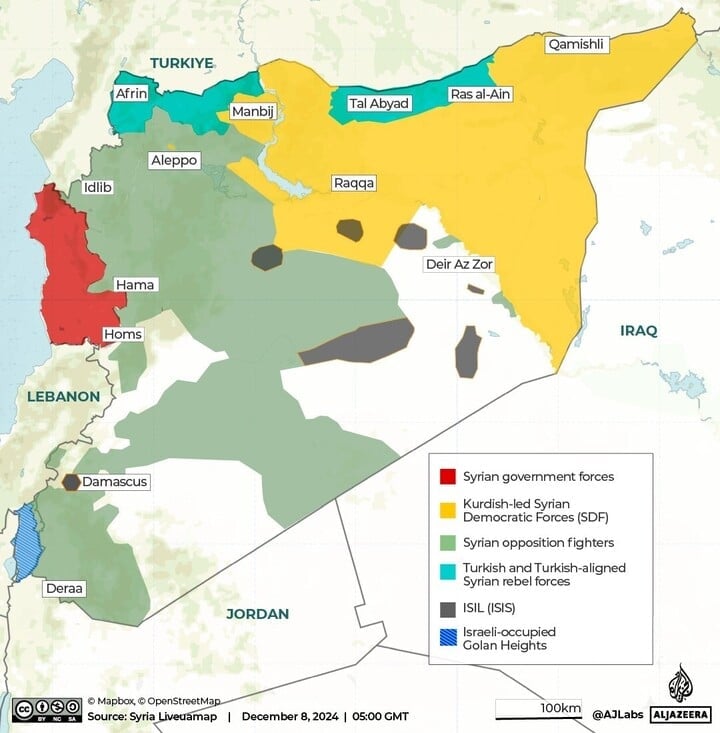
Map of the political factions controlling Syria, with the opposition (green) controlling nearly half of the country. The Syrian army only controls the Mediterranean coast. (Al-Jazeera Graphics)
Syria's uncertain future
Even if HTS takes power in Damascus, the situation in Syria will not stabilize immediately and developments could lead to anarchy for a period of time. Because Syria has many different political, religious and ethnic groups.
The religious issue alone is enough to create uncontrollable instability without a central government. Typical examples include the Alawite sect - the religious community supporting Mr. al-Assad, Sunni Islam, Shia Islam, Christianity...
As for political and economic groups with different interests, there are currently more than 15 political, religious and ethnic organizations in Syria, not including terrorist or paramilitary Islamic organizations.
“All of these forces have the common goal of overthrowing President al-Assad’s government, so these forces are temporarily cooperating with each other. However, due to differences in interests and operating policies, after the collapse of the Damascus government, this alliance will have a competition for influence,” Ambassador Nguyen Quang Khai analyzed.
Examples include Hay'at Tahrir al-Sham (HTS or "Levant Liberation Organization") – the strongest opposition faction in the conflict in Syria, the Free Syrian Army (FSA) and the Kurdish-led Syrian Democratic Forces (SDF), and the terrorist organization Al-Qaeda in Syria.
Not only that, each of these forces is supported by a foreign power, such as HTS, FSA is backed by Türkiye, SDF is supported by the US. The US still maintains military bases throughout Syria along the Jordanian border and the Iraqi border.
Although US President Donald Trump declared that he has no involvement in the conflict in Syria or its current developments, Washington still supports forces against the Syrian government.
In addition, Sunni Arab countries also support forces that overthrow President al-Assad's government because the Alawite sect is linked to the pro-Iranian Shia sect.
Another power that wants to compete for influence in Syria is Israel, whose goal is to eliminate Iranian bases in Damascus because they are used to transfer weapons to the Hezbollah movement in Lebanon.
Ambassador Nguyen Quang Khai said that the political situation in Syria in the coming time will be very complicated, and overthrowing President al-Assad's government is only the first step to resolving this conflict.
Also according to Ambassador Nguyen Quang Khai, the only solution that can bring true peace to Syria at present is: "One, the parties need to reach a ceasefire agreement, ending the fighting to stabilize the situation.
Second, the relevant parties enter into negotiations to resolve the differences between the central government and the opposition factions. This can only be done through the Astana Format and Resolution 2254 of the United Nations Security Council on the situation in Syria."
From December 7-8, Russia, Türkiye, Iran and some Arab countries also met in Doha to promote a political solution for Syria in the current period.
In addition, the expert said that it is necessary to establish a national unity government with the participation of all political, religious and ethnic groups in Syria. Typically, the Kurds, an ethnic group that accounts for 20% of the Syrian population but previously had no right to participate in the central government.
Ambassador Nguyen Quang Khai said that the situation in Syria can only stabilize when political forces reach consensus on a unity government. And the absence of any faction will lead to instability erupting again.
Source: https://vtcnews.vn/vi-sao-chinh-quyen-tong-thong-syria-al-assad-that-bai-nhanh-chong-ar912219.html


![[Photo] General Secretary To Lam receives King Philippe of Belgium](https://vstatic.vietnam.vn/vietnam/resource/IMAGE/2025/4/1/e5963137a0c9428dabb93bdb34b86d7c)

![[Photo] Prime Minister Pham Minh Chinh meets with King Philippe of Belgium](https://vstatic.vietnam.vn/vietnam/resource/IMAGE/2025/4/1/be2f9ad3b17843b9b8f8dee6f2d227e7)

![[Photo] Close-up of Vietnam's sniffer dog team searching for earthquake victims in Myanmar](https://vstatic.vietnam.vn/vietnam/resource/IMAGE/2025/4/1/d4949a0510ba40af93a15359b5450df2)
![[Photo] President Luong Cuong and King Philippe of Belgium visit Thang Long Imperial Citadel](https://vstatic.vietnam.vn/vietnam/resource/IMAGE/2025/4/1/cb080a6652f84a1291edc3d2ee50f631)
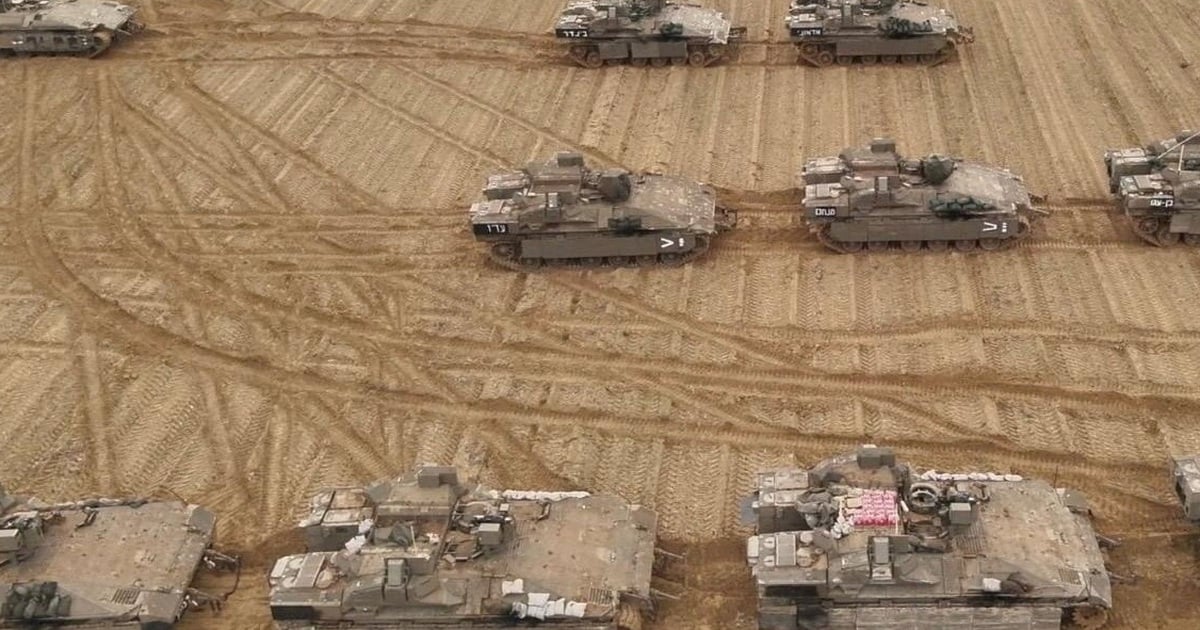

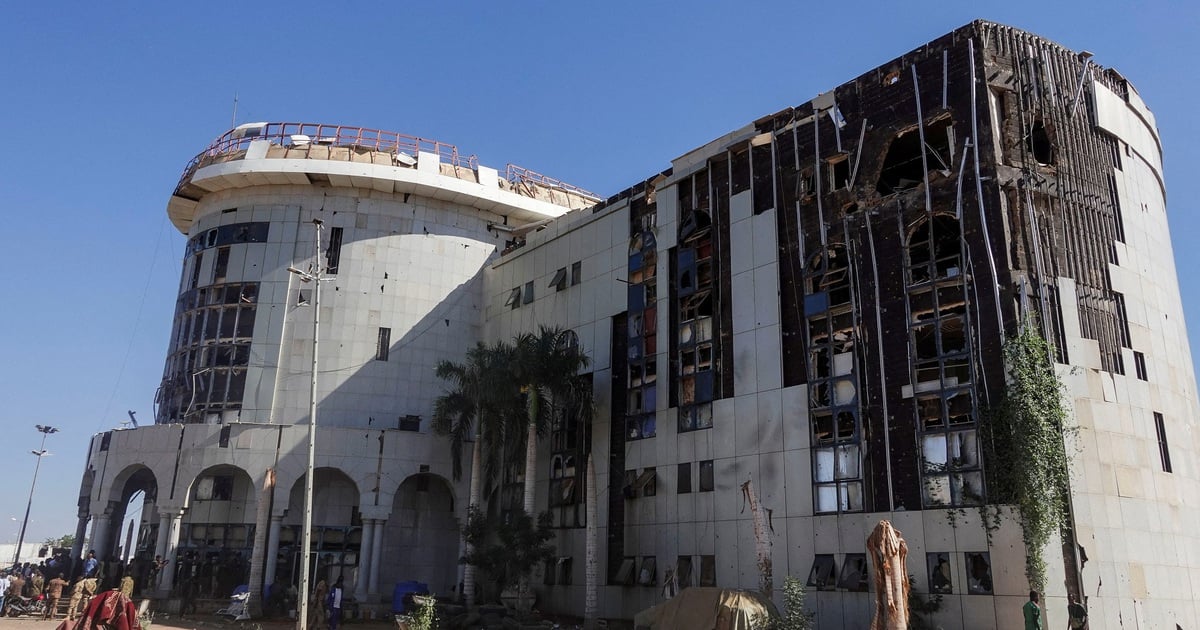
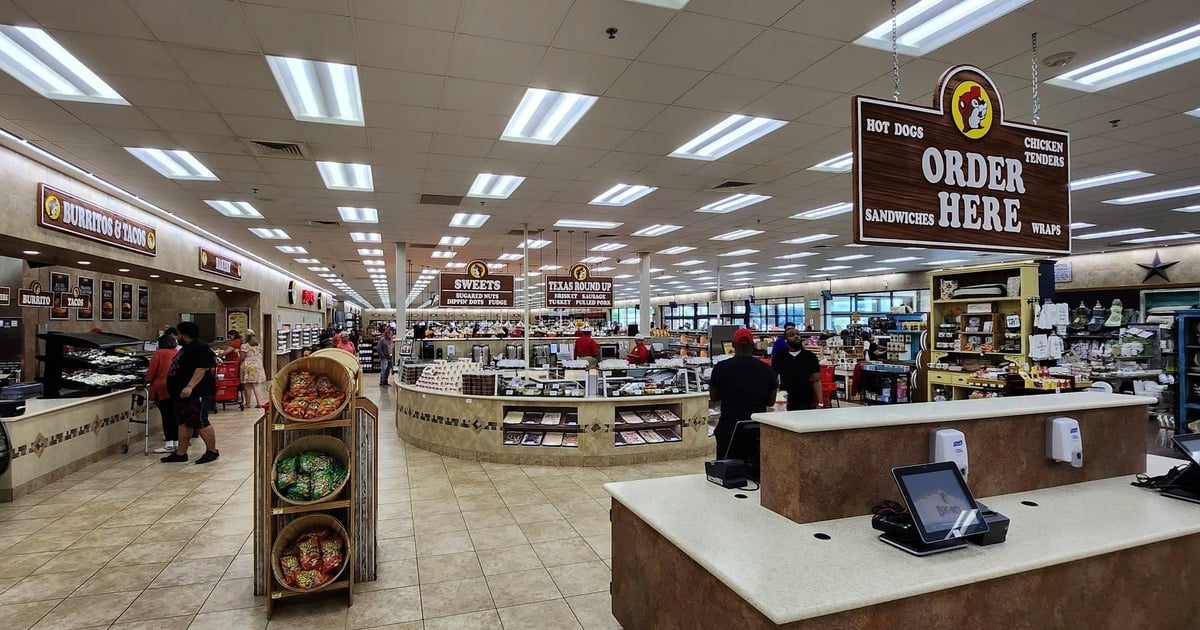
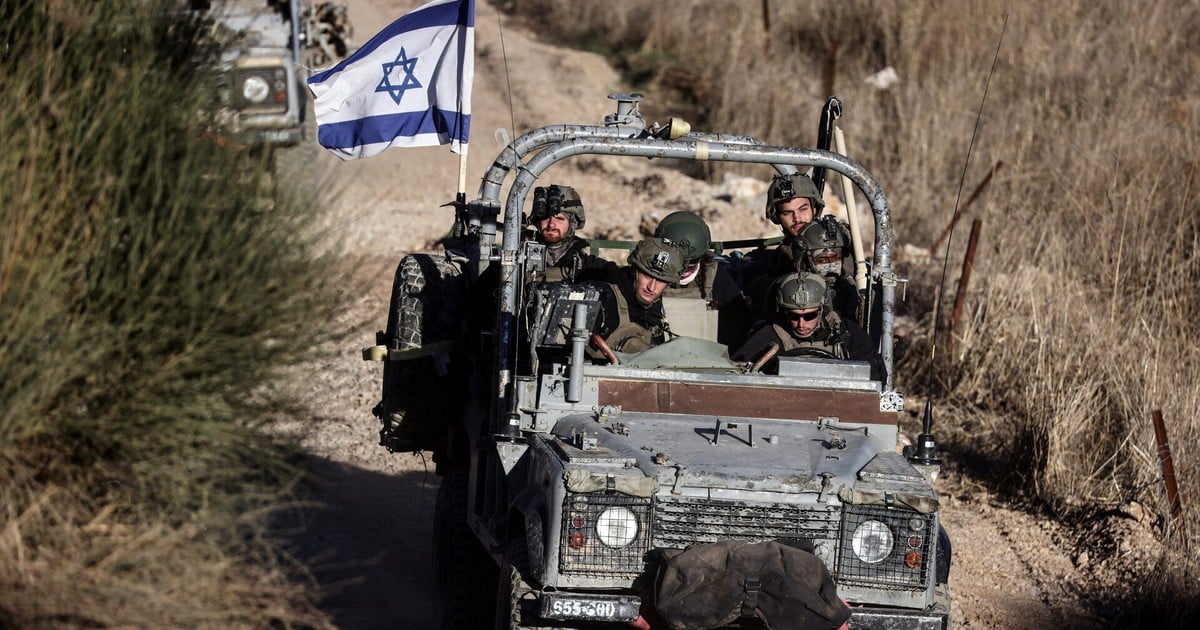
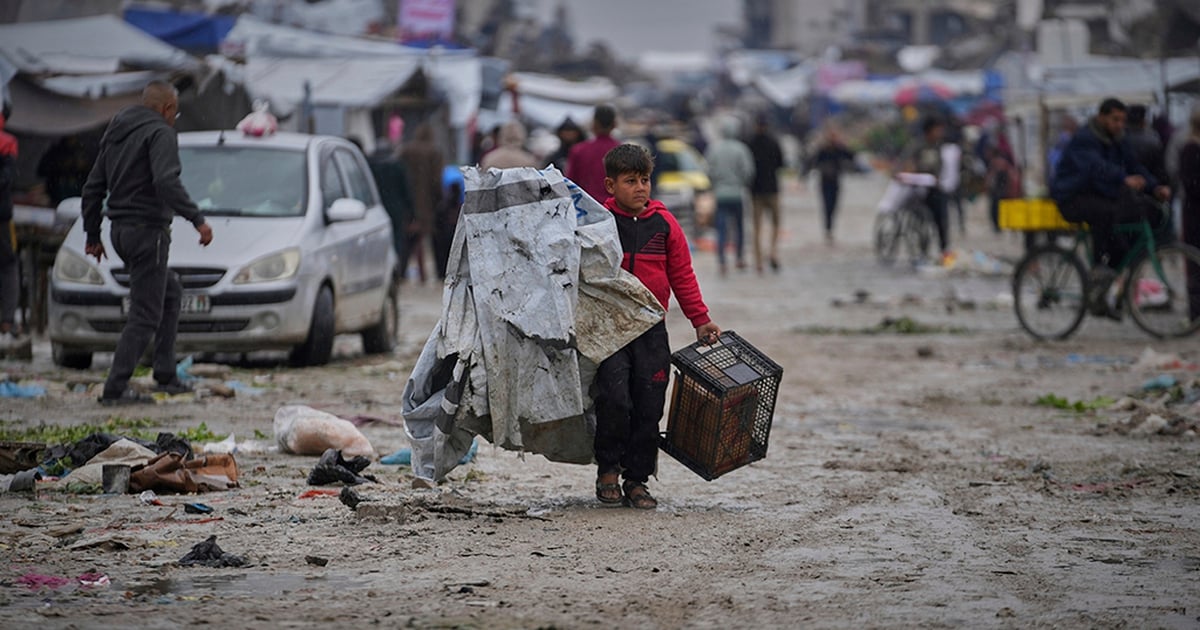
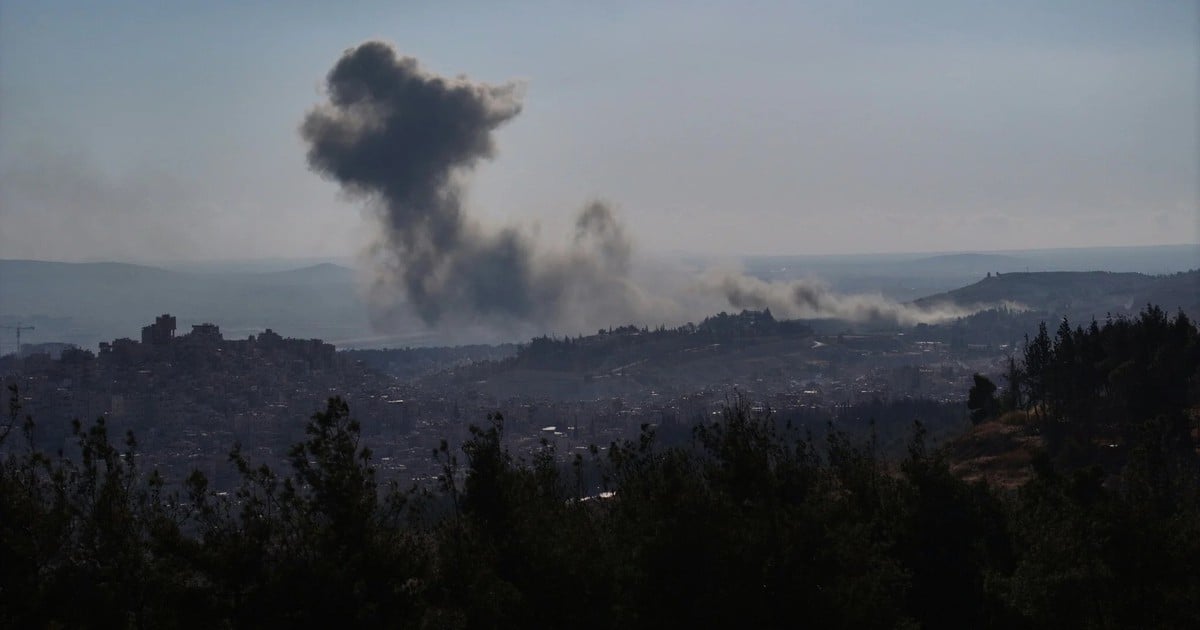
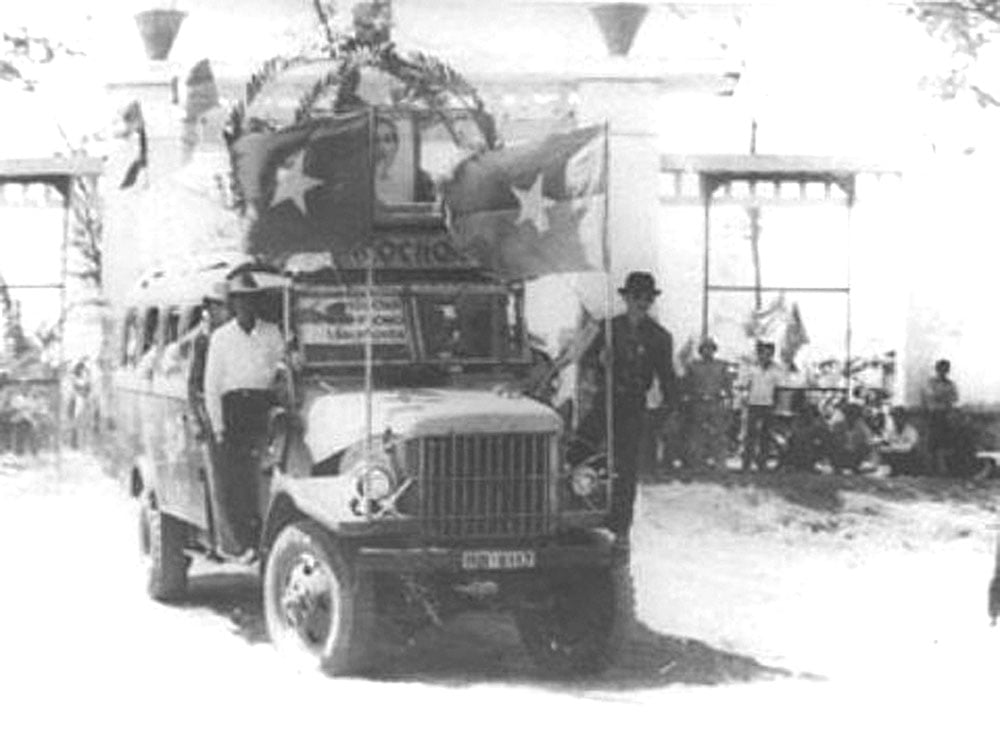

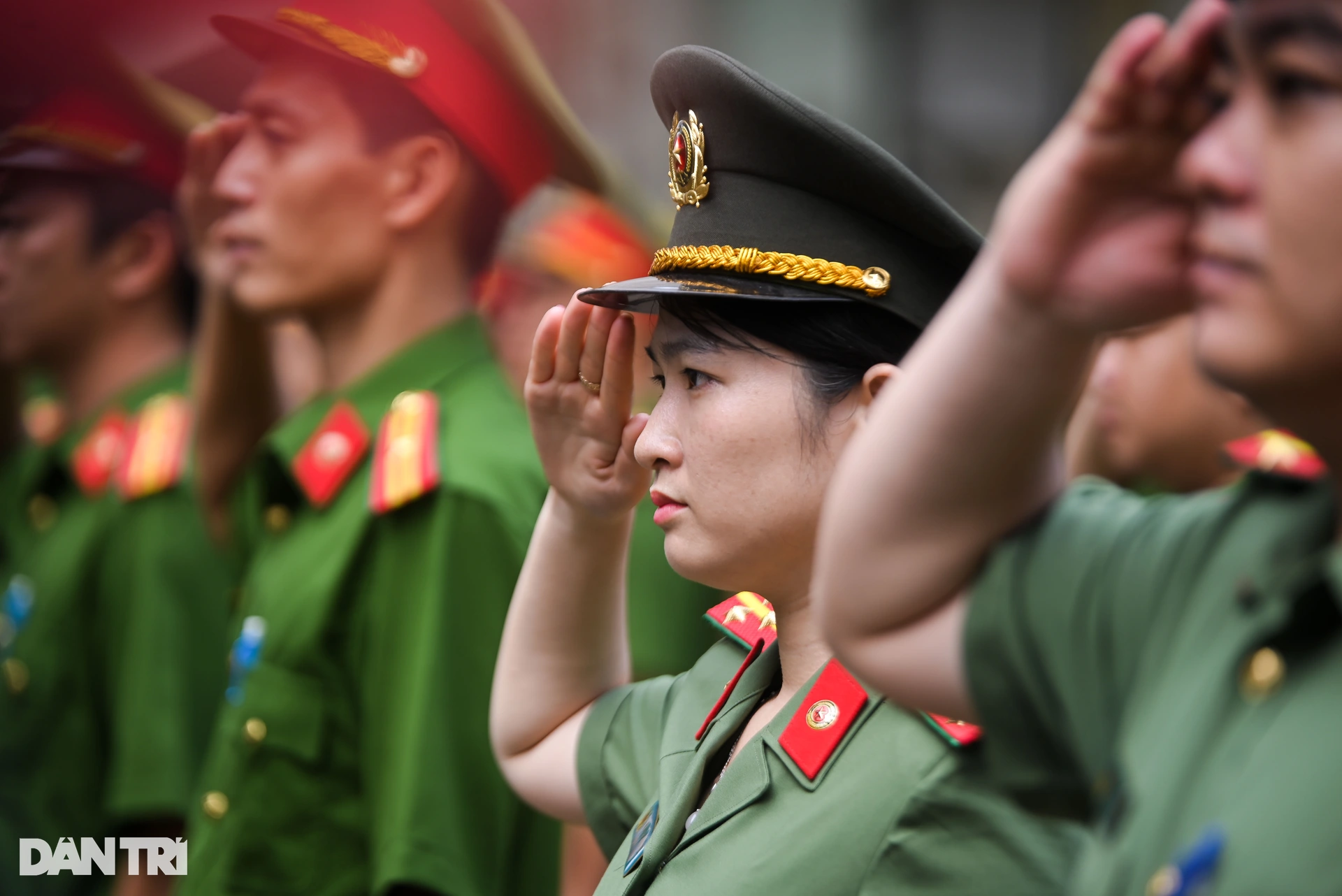
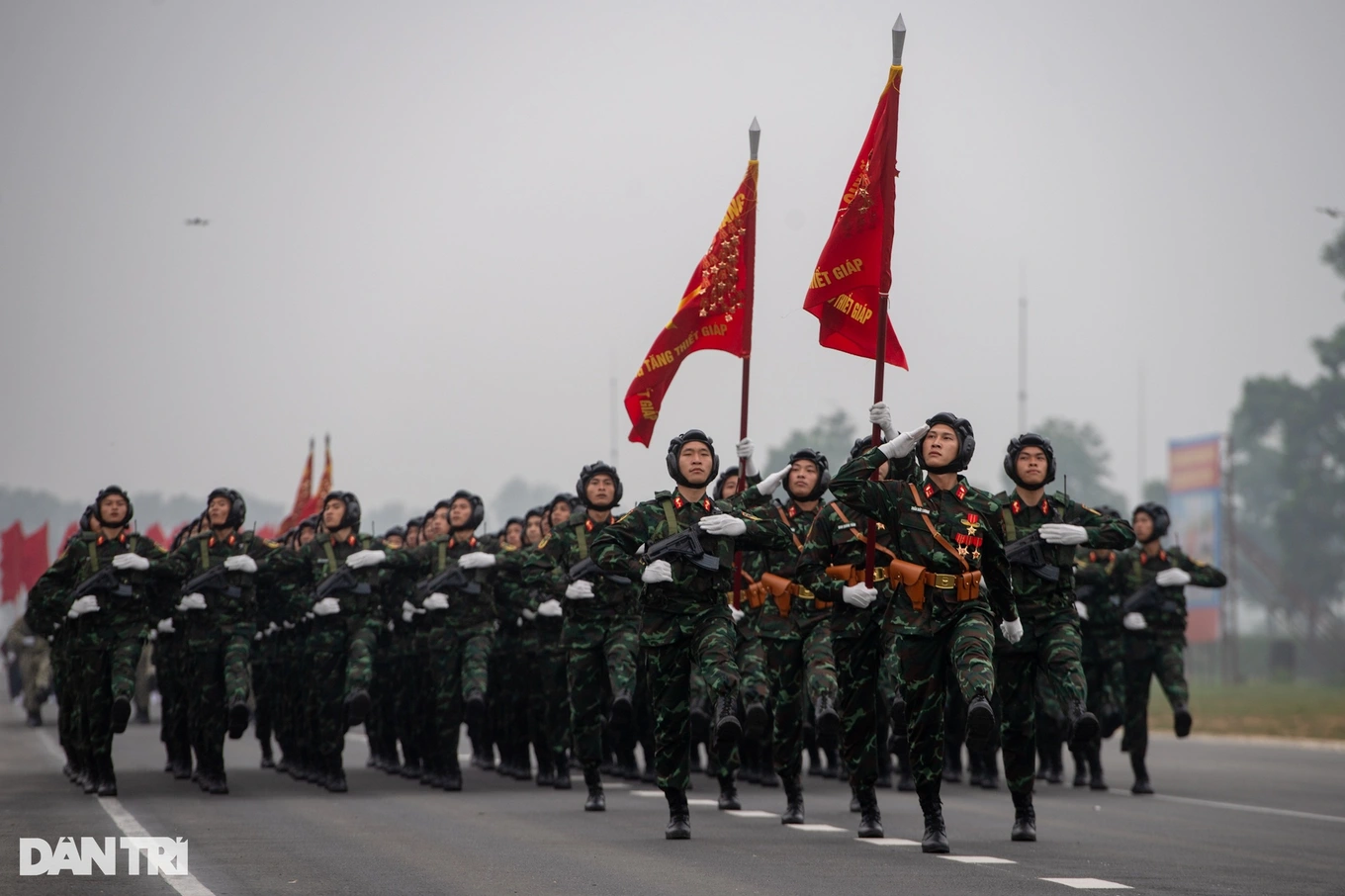
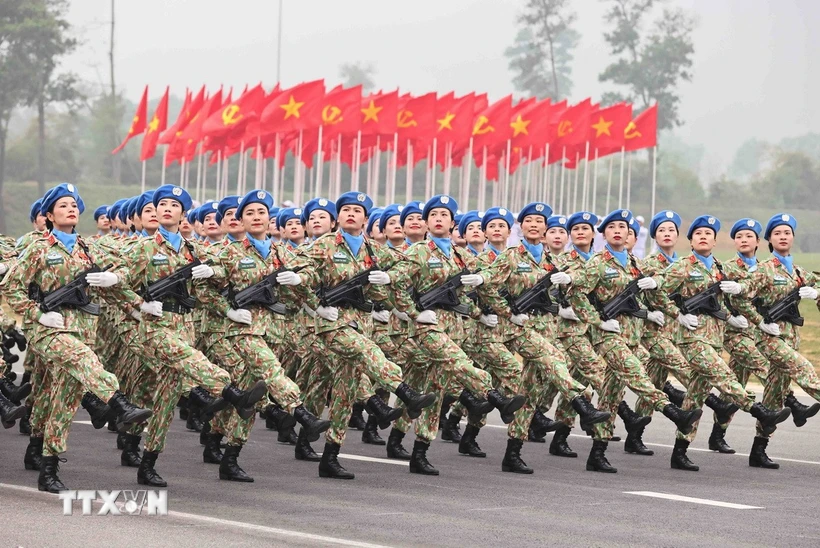
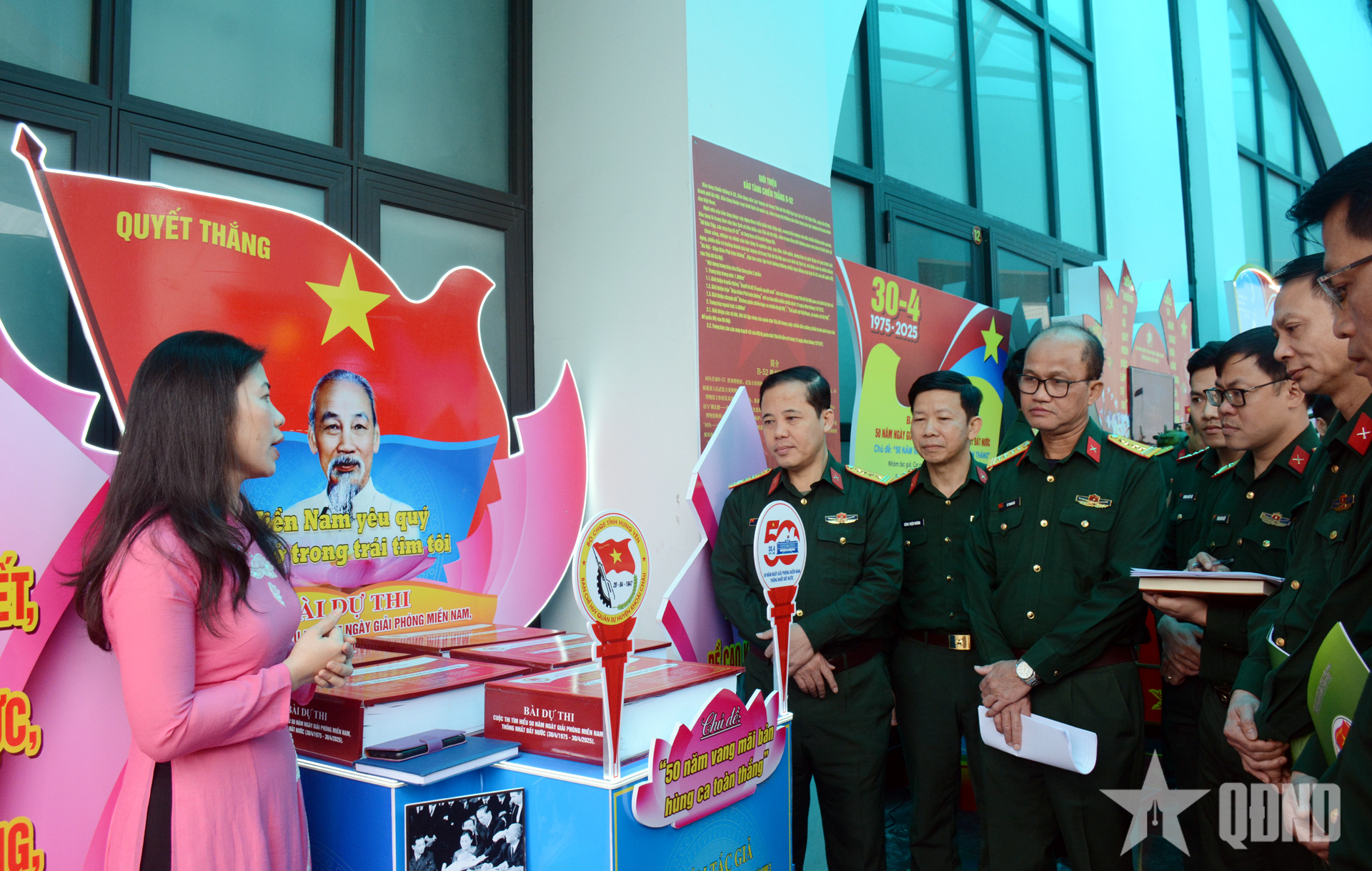





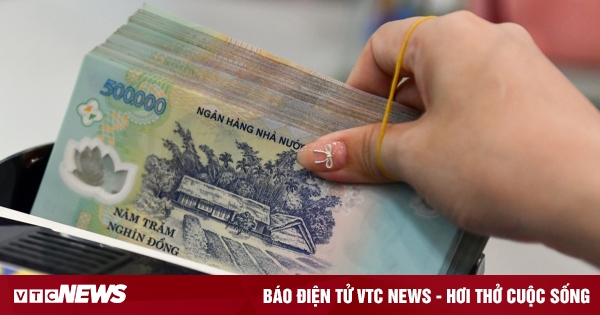

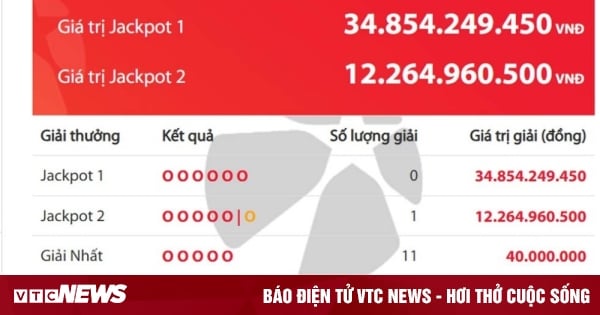

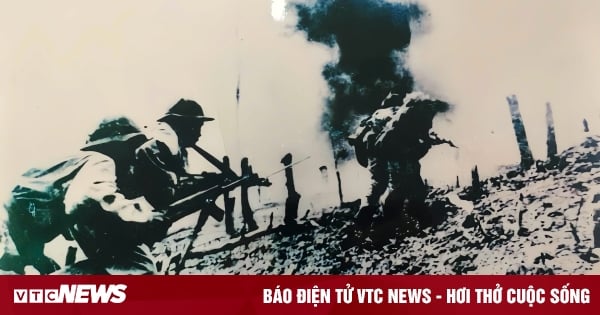
![[Photo] Myanmar's capital in disarray after the great earthquake](https://vstatic.vietnam.vn/vietnam/resource/IMAGE/2025/4/1/7719e43b61ba40f3ac17f5c3c1f03720)











































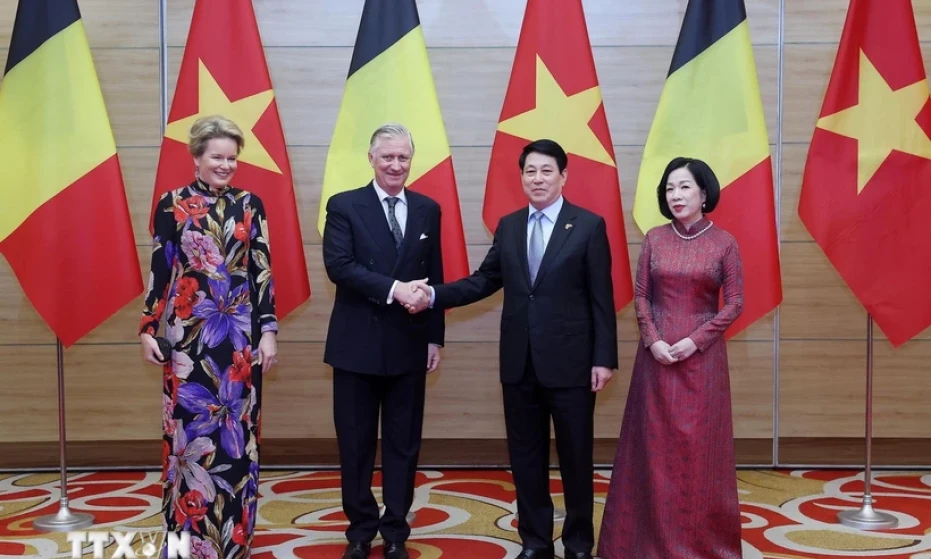



















Comment (0)